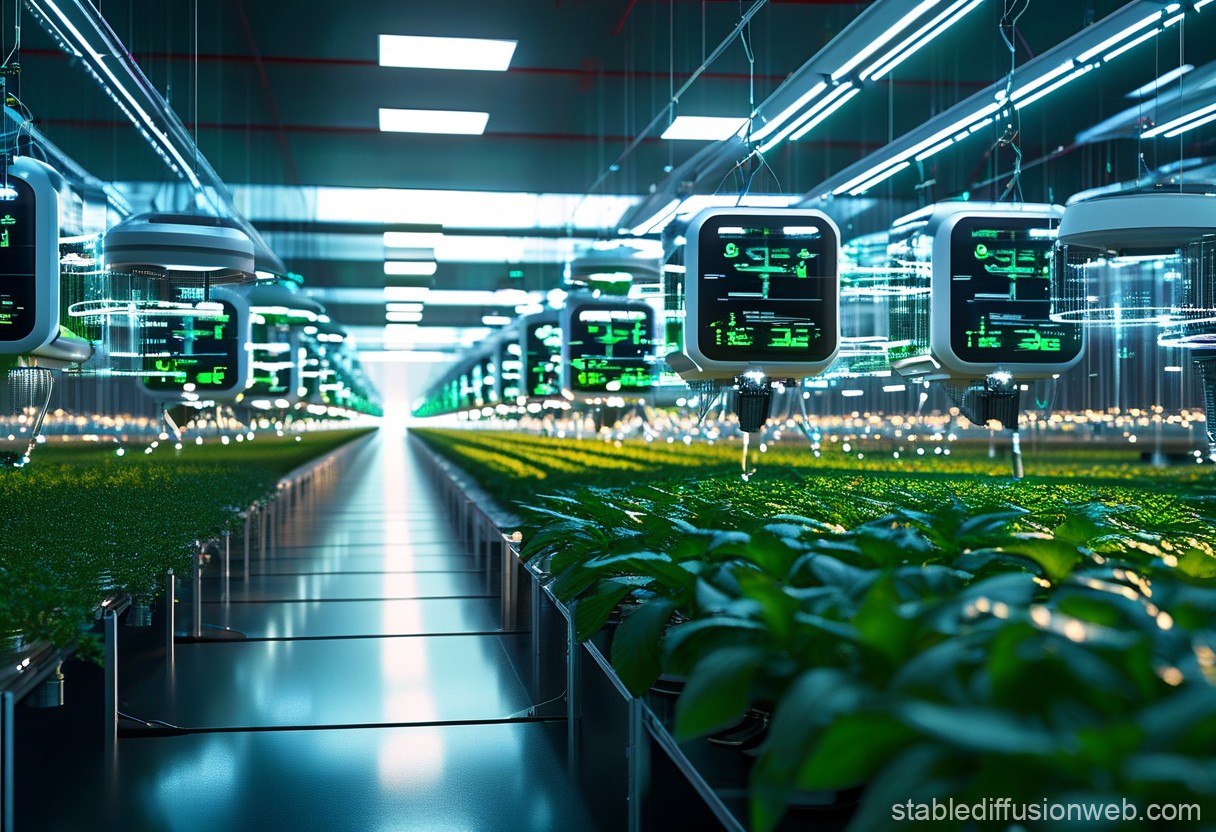Google’s X “moonshot factory” just unleashed its latest disruptor: Heritable Agriculture. This AI-driven powerhouse is set to revolutionize sustainable farming by harnessing machine learning and big data analytics. With agriculture contributing to 25% of global greenhouse emissions, the timing couldn’t be more perfect. 🚀
Why This is a Game-Changer
Heritable isn’t just another AgTech startup—it’s a Google-backed, AI-fueled beast. By optimizing plant genomes for yield, water efficiency, and carbon capture, they’re tackling a $1.3 trillion global agriculture market. Early trials in California, Nebraska, and Wisconsin show real-world scalability. But here’s the kicker: they’re doing it without GMOs—pure, data-driven breeding.
💰 Monetization & Scale: The VC Questions
Seed funding from FTW Ventures, Mythos Ventures, and SVG Ventures (plus Google’s equity stake) hints at explosive growth. But how fast can they commercialize? What’s the revenue model—licensing, SaaS, or direct-to-farm? With Astro Teller pushing spin-outs, Heritable could be the next unicorn in AgTech. Are you in?
The Future: AI Meets Sustainability
This isn’t just about crops—it’s about scaling a Google-sized business that saves the planet. CRISPR might join the party later, but for now, traditional breeding + AI = insane ROI potential. Watch this space—Heritable Agriculture is breeding the future. 🌱


